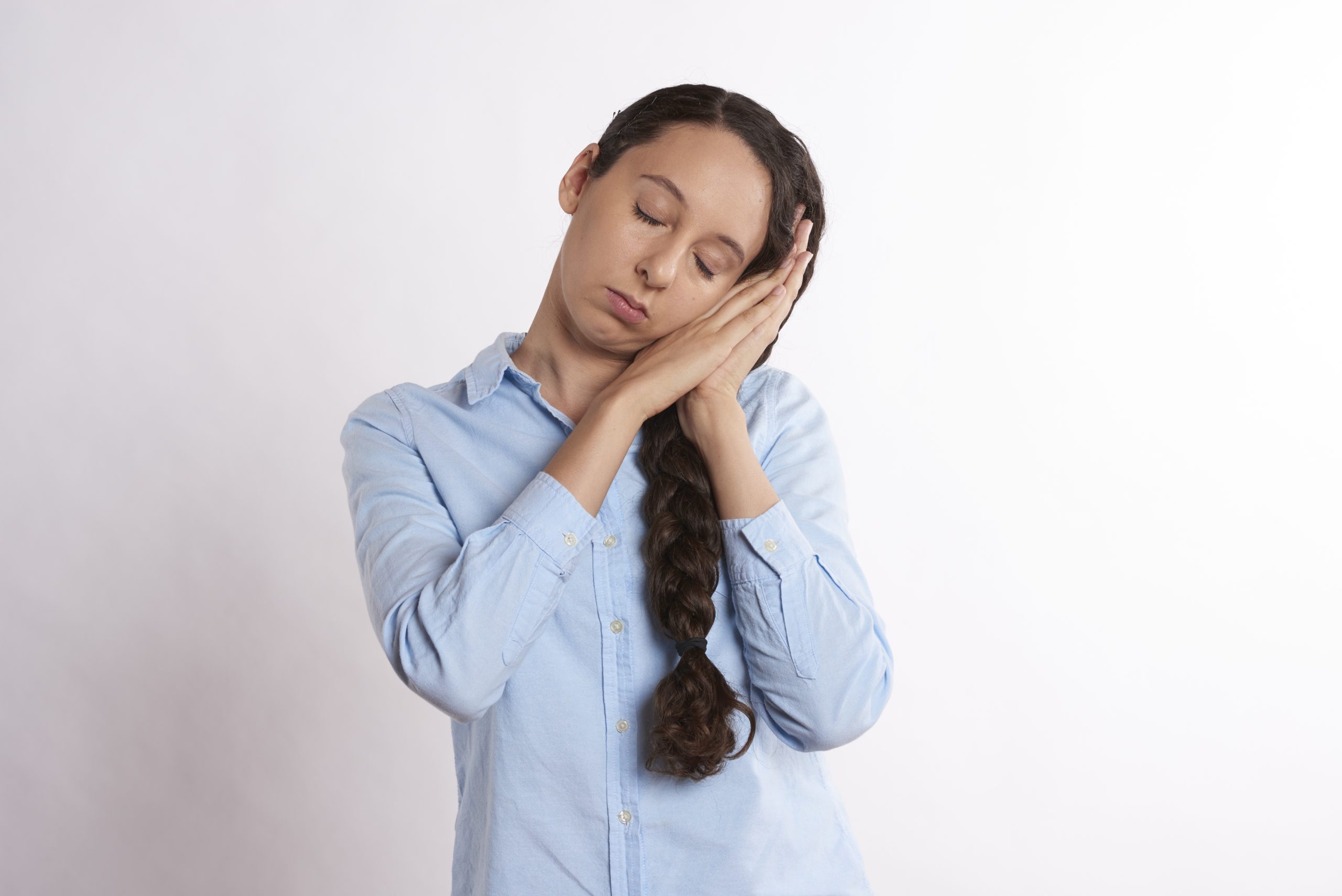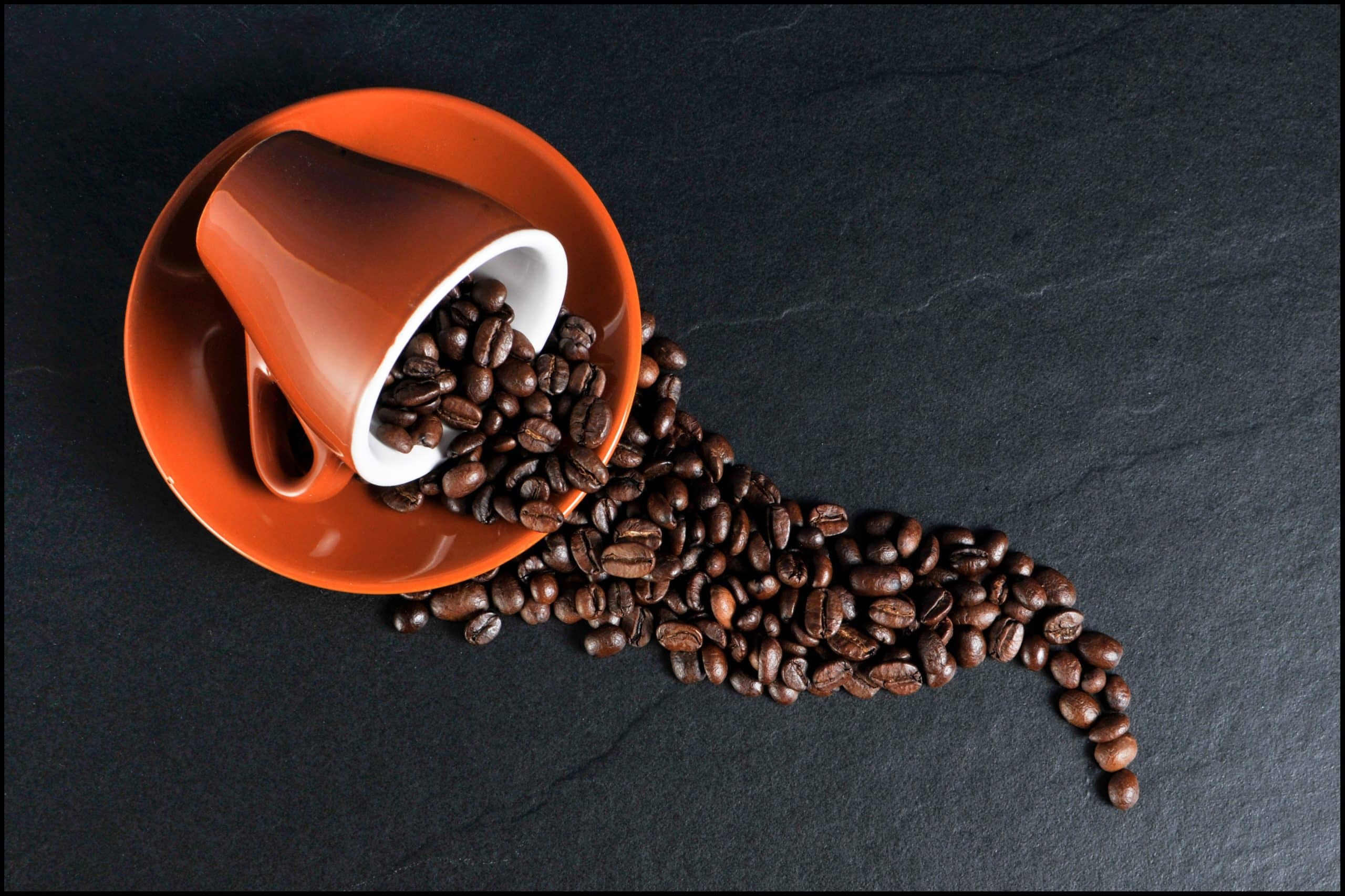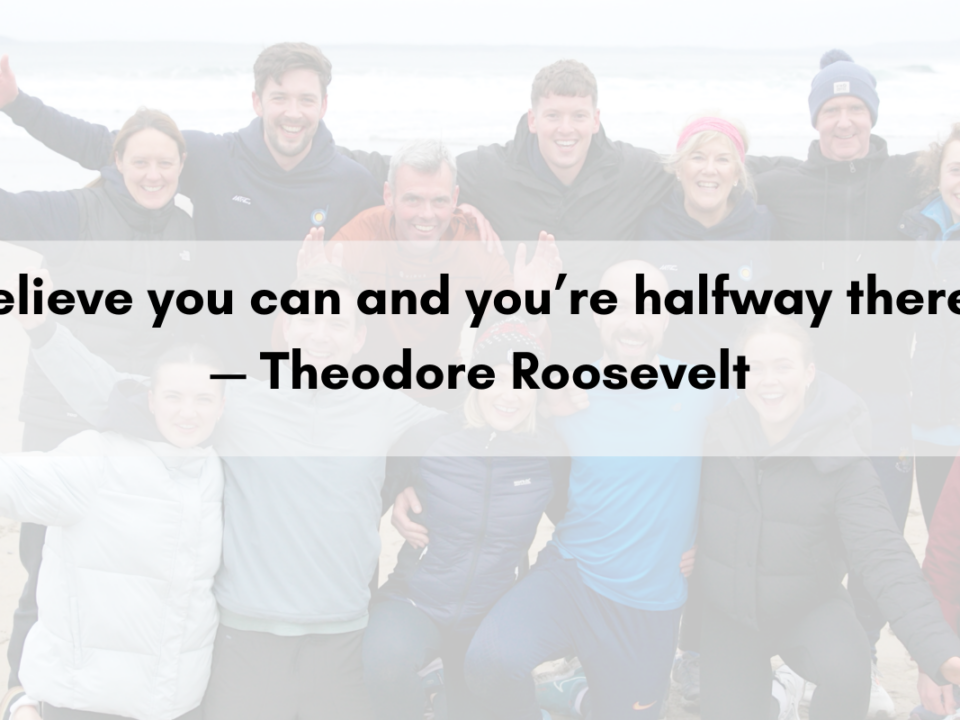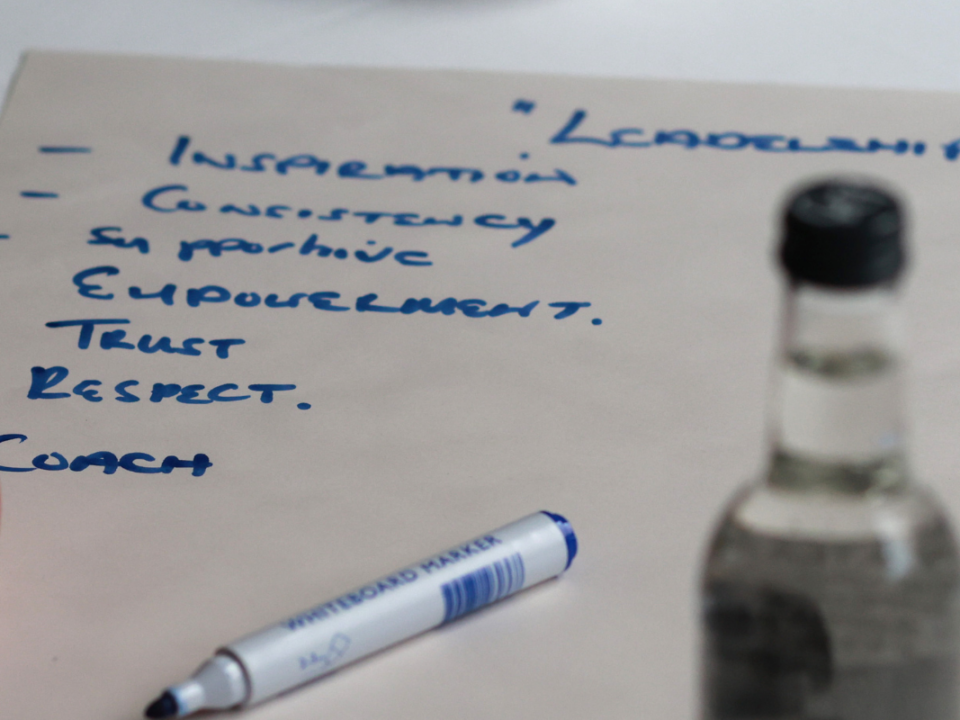Summary
- Coffee is not universally good or bad for everyone.
- With all things considered, it is apparent that common sense must prevail when deciding how much coffee you can drink.
- 3-4 cups (espresso shots) daily is suggested to be the recommended intake of coffee to confer health benefits
What’s the buzz on coffee?
Coffee, along with water and tea, is one of the most commonly consumed beverages in the world. It is such an integral part of some people’s daily routine that they believe they simply can’t function in the morning without having a cup.

Compared to other nations, here in Ireland, we are relatively new to the custom of regular coffee drinking. Traditionally, we have been more of a tea-drinking nation, but we are rapidly catching up and becoming a major coffee-drinking society.
With the ever-increasing frequency of coffee breaks, coffee meetings and coffee dates, many people have begun to ask how much coffee should we be drinking or if we should be drinking it at all?
A very common question that people ask me is how many cups of coffee can I drink per day? If you do drink coffee, what’s the optimal amount and how do you really know if you should be a regular coffee drinker or not?
What is coffee?
Coffee is derived from the evergreen plant, genus Coffea. There are several species of the plant whose berry-like fruit is harvested and the seeds removed.
It is these seeds that we know as coffee beans. After the seeds are removed, they are processed, dried and roasted. They are then ground down and brewed in hot water to make coffee. Coffee contains little or no energy in caloric terms, no carbohydrate, no fat or no protein.

The obvious nutrient that people associate with coffee is caffeine, but like many plants, the coffee bean is rich in many bioactive compounds and antioxidants (polyphenols, catechins and flavanoids) and a small amount of vitamins and minerals. It is the infusion of these nutrients that confers many of the health benefits.

Caffeine: friend or foe?
The confusion around coffee and health primarily stems from the relatively large amount of caffeine in coffee. Technically speaking, caffeine is the most commonly-consumed drug and stimulant worldwide. The effects of it vary from person to person.
It elicits a strong physiological effect in some people, but has little or no effect on others. Apart from the benefits of perking you up, improving concentration, giving you a perceived energy boost and the performance-enhancing benefits, coffee can have some drawbacks.
The jitters, shakes or having an increased feeling of anxiety are common side-effects. Additionally, if you develop a dependency, you may suffer headaches, tiredness and an inability to concentrate until you get your next cup.
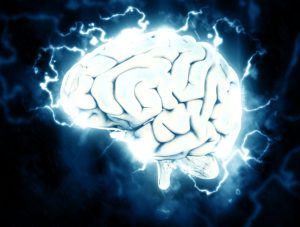
The caffeine kick
Caffeine is broken down and cleared by the liver, the rate at which this happens depends on your genetic makeup. Caffeine is a central nervous system stimulator which means it stimulates the adrenal glands to release adrenaline, nor-ephephrine and cortisol (a stress hormone). Collectively, these hormones are responsible for increasing blood pressure and blood sugar to trigger a ‘fight-or-flight’ response. This results in heightened awareness/alertness and a sense of being energised. Not ideal if you are just sitting at your desk with pent-up energy, but excellent if you are aiming to gain a performance edge in training or competition. If you drink coffee and don’t experience the “high” or jittery feelings, then it’s likely you metabolise the caffeine quite quickly and rapidly clear it from your system with little effect. However, if you are someone who does experience a significant “high” or notice that you need an increasing number of cups of coffee to function, then this may end up having a negative impact on your health.
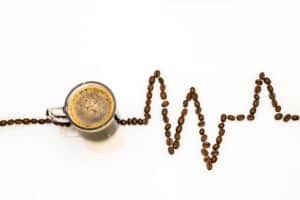
It is well known that the body adapts to habitual high caffeine intake and becomes desensitised to its effects. This is a normal adaptive process, but you shouldn’t respond by drinking ever-increasing amounts to gain the same effects. Something that people should generally avoid is excessively stressing their adrenal glands, which unfortunately coffee does. Some of the suggested impacts of over-stressing your adrenal glands are poor sleep patterns, increased anxiety, moodiness and increased stress levels.
Coffee and disease prevention
So you might think that coffee consumption would be a bad thing overall for health, but the science is interesting in this regard. Regular moderate coffee consumption (2-4 cups daily) has been linked to a reduction in the risk of many diseases including certain cancers, Parkinson’s disease, Alzheimer’s disease, and type 2 diabetes. The majority of research on coffee is epidemiological, meaning studies look at associations rather than cause-and-effect. Coffee having an association with a benefit or a risk does not mean that coffee is either good for everyone or carries a risk for everyone – this is why looking at individual responses is crucial.
How many cups of coffee should I drink daily?

Three to four cups of organic, freshly-brewed coffee seems to be the number of cups that offers health benefits without negative side-effects.
Instant coffee doesn’t carry the same level of antioxidants. For me, drinking three coffees a day would be too much, I wouldn’t be able to sit still or concentrate, so I must be someone who doesn’t clear caffeine efficiently!
For someone who metabolises caffeine efficiently, and doesn’t suffer strong side-effects, a cup or two in the morning, and a cup in the early-afternoon seems to be about right.
Summary
Coffee is not universally good or bad for everyone. With all things considered, it is apparent that common sense must prevail when deciding how much coffee you can drink.
To determine how much coffee you drink, you should take the following into consideration:
- Are you pregnant?
- Do you have high blood pressure or cardiovascular disease?
- Do you suffer from stress?
- Do you have trouble sleeping?
- Do you feel excessively hyper or agitated after drinking coffee?
- Do you have any other negative reaction to it?
Excessive daily coffee consumption is not advisable, but two to three cups of coffee per day may potentially offer health benefits and is unlikely to cause you harm.
For most people, drinking coffee can be a hugely enjoyable and sociable experience, and issues will only arise if you abuse it or become reliant on it.
If coffee is not for you, all is not lost, herbal teas can serve as a great alternative.

References
Gökcen, B.B. and Şanlier, N., 2019. Coffee consumption and disease correlations. Critical reviews in food science and nutrition, 59(2), pp.336-348.
Poole, R., Kennedy, O.J., Roderick, P., Fallowfield, J.A., Hayes, P.C. and Parkes, J., 2017. Coffee consumption and health: umbrella review of meta-analyses of multiple health outcomes. bmj, 359.
Yan, R., Zhang, J., Park, H.J., Park, E.S., Oh, S., Zheng, H., Junn, E., Voronkov, M., Stock, J.B. and Mouradian, M.M., 2018. Synergistic neuroprotection by coffee components eicosanoyl-5-hydroxytryptamide and caffeine in models of Parkinson’s disease and DLB. Proceedings of the National Academy of Sciences, 115(51), pp.E12053-E12062.


